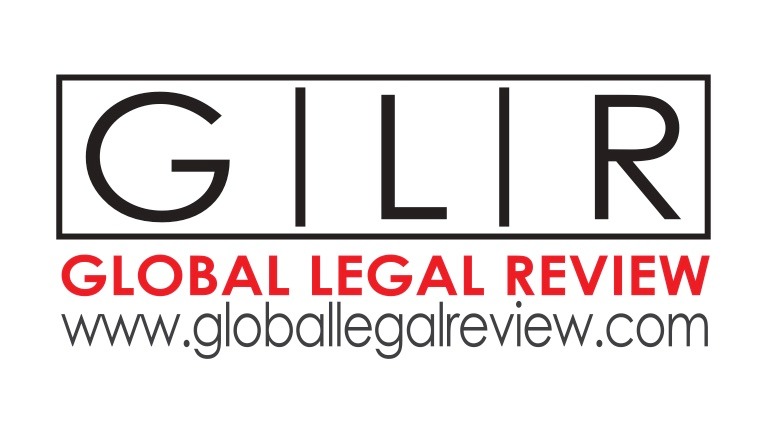US President Donald Trump in an audacious but absurd move, on February 08, 2019, declared Iran’s Islamic Revolution Guards Corps (IRGC) as a foreign terrorist organization; further complicating the situation in Middle East. People and the Government of Iran who have a long history of resistance and defiance towards United States, reacted to this decision outrageously.
What New York Time Says?
According to The New York Times, top CIA and Pentagon officials argued against the decision, saying it will “allow hard-line Iranian officials to justify deadly operations against Americans overseas, especially Special operations units and paramilitary units working under the CIA”. But Secretary of State Mike Pompeo and National Security Adviser John Bolton reportedly pushed for it, and ultimately persuaded the President. “This action will significantly expand the scope and scale of our maximum pressure on the Iranian regime,” Trump said in a statement. “It makes crystal clear the risks of conducting business with, or providing support to, the IRGC.” To decipherer the reasons and consequences of such an unprecedented development in the global politics, some aspects need to be understood.
First, since Iranian revolution in 1979, many equations changed in the region. The revolution inspired movements in the region; kowtowed neither to the US policies nor to the authoritarian regimes in that geography. Hence, the US agenda for regime change in Iran perpetuated over time. During the past four decades, US relentlessly endeavored to bring Iran under its sphere of influence. In this backdrop, many malicious plans like flaring up the tensions between the Gulf countries with Iran, implicitly forcing other countries to limit their economic transactions with Iran and provoking an illusion of Iranophobia were chalked out; none of these could attain their objectives. The imbroglio got more complicated with the American policy and military failures in Syria, Afghanistan, Iraq, Yemen and etc., gradually damaging the reputation of the power headquarter of the international politics. Supposedly, in a face-saving attempt, Trump and some of his advisors cliamed IRGC as the main reason for US policy failures in the area. A claim that seems neither right nor rational. Naming and shaming of IRGC that is a part of Iranian national defense force, is an infringement of Iran’s national sovereignty. This could lead to formulation of lethal rules of the games on the global chess-board, bringing in unprecedented levels of uncertainty and trust deficit between the states.
Second, US, during recent years, has also devoted many efforts to make an international coalition against Iran. Different motions for declaring IRGC and the unit of Quds Force as terrorist force had also been introduced in UNSC and UNHRC, but in vain. The noncompliance of other countries was based on a wisdom-oriented mindset; the fact that IRGC was a part of a state machinery and declaring it as terrorist organization and proscribing it could found a new realm of double standards in United Nations, that one day could be applied on other countries as well. In this context, the repeated non-compliance of US approach in UN, forced the country to resort to another act of unilateralism. A decision that didn’t have enough supporters even at home.
Third, IRGC is a part of Iran’s defense structure. Any country in the world is entitled to define and strengthen its defense body according to its benefits and presumed threats. The US decision in terrorist calling of IRGC, which is intended to weaken the defensive and military prowess of Iran, is a clear violation of article 51 of UN charter; which clarifies the right of self-defense as an inherent right for each country.
Fourth, established in 1979, IRGC took the responsibility of guarding the Islamic Revolution and its achievements. As the revolution was a people-oriented one, most of the Iranians were eager to be a part of this Guardian Corp. In this regard, the participation of people in IRGC was defined in the context of Niruyeh Moghavemat Basij (Mobilization Resistance Force) which was a voluntary force. Today, about 35 million Iranians have membership of Basij (the Force), that means about half of the total population in Iran. Proscription of IRGC and its sections by US, according to Iranian officials is thus considered an insult to the civilians of a country too.
Unquestionably, labeling the IRGC as a terrorist group will enact additional economic privations on Iran in terms of depressing oil exports, devaluing the currency, and frightening away foreign companies and investment. Yet this, at the same time, brings Iranians to the conclusion that confronting against US will secure their country from a bigger ongoing security threat of internal destabilization and even dismemberment. In a crux, the US policy has tapered the spectrum for debate within Iran and compelled all factions to throw their weight in support of the state’s survival.












